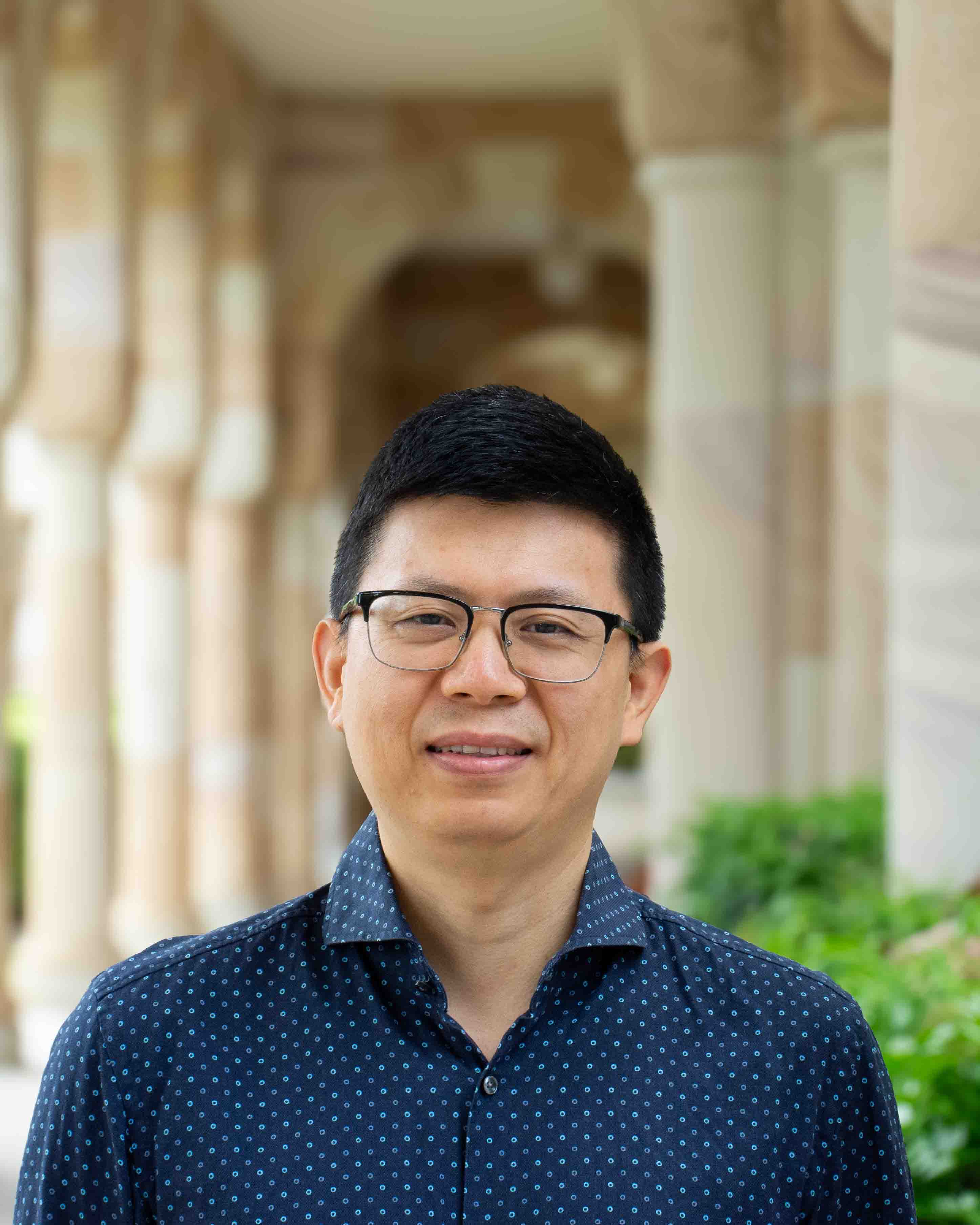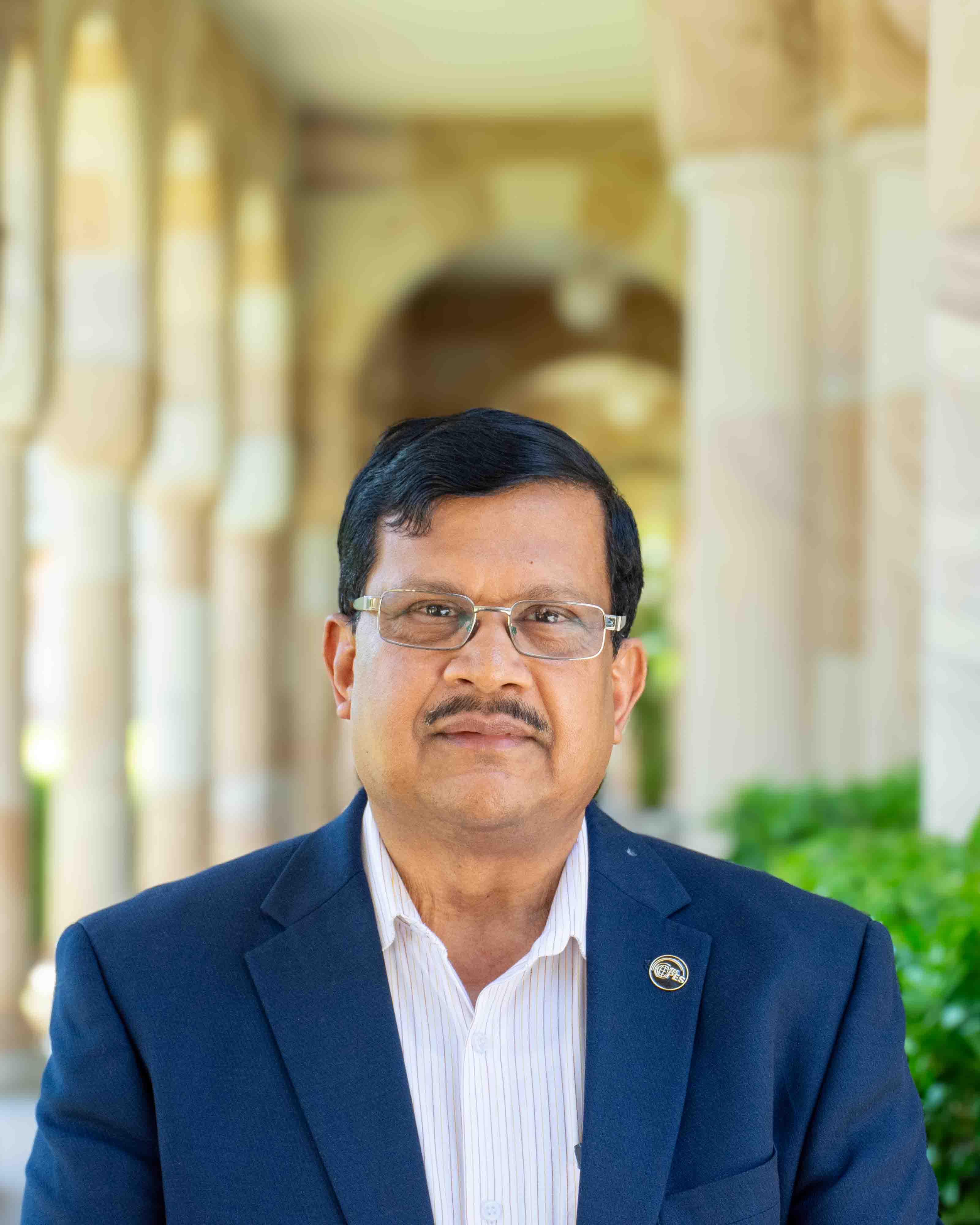The University of Queensland (UQ) is leading a pioneering project to improve the integration of hybrid renewable energy into Australia’s national electricity market.
The UQ-led research, funded by the Australian Renewable Energy Agency (ARENA) with an investment of more than $877,000 will tackle hybrid renewable integration challenges by developing an expanded system testing platform. Associate Professor Richard Yan from UQ School of Electrical Engineering and Computer Science said this was crucial in addressing the complexity of integrating solar, wind, and battery technologies into the grid.
“Hybrid energy sources are an essential part of the transition to renewable energy in Australia, but integrating these systems effectively is a complex challenge,” Dr Yan said.

UQ School of Electrical Engineering and Computer Science
“The current testing approach often involves time-consuming simulations under limited conditions, which can lead to problems during the commissioning phase. The expansion of our established hardware-in-loop (HIL) testing platform will allow us to simulate real life scenarios, identifying potential issues earlier.”
As renewable energy demand increases, combining renewable generation with energy storage is becoming more prevalent. However, this also introduces a greater number of control parameters and operational scenarios to manage within a hybrid renewable energy plant. Currently, limited simulation data and time constraints can hinder the design process, leading to unexpected challenges during deployment.
“By identifying stability issues before commissioning, we can significantly reduce the risk of delays and unexpected costs,” said Dr Yan.
“This approach will streamline the process of connecting renewable energy plants to the grid, supporting Australia’s energy transition.”
Professor Tapan Saha from UQ’s School of Electrical Engineering and Computer Science highlights the importance of advanced testing in supporting Australia’s renewable energy future.

UQ School of Electrical Engineering and Computer Science
“At the University of Queensland, we have the best hardware-in-loop testing facilities and a proven track record in this area,” he said.
“We’re committed to making a real difference in accelerating the integration of renewable energy into the grid.”
Mr Mark Parker, Executive Director of EPEC Group – a key industry project partner, emphasised the broader significance of the project.
"This work is essential to maintaining a stable and reliable energy grid as Australia transitions to a future powered by more renewable energy," he said.
“By advancing this technology, we will contribute to a more resilient, cost-effective energy system.”
ARENA Business Development and Transactions Director, Carl Christiansen, highlighted the significance of this work to speeding up the whole process.
"We are seeing a strong market trend towards hybrid generators in Australia, which combine both grid following and grid forming technologies,” Mr Christiansen said.
“However, the grid connection approval process remains a key challenge. This project will help accelerate the connection approval process and, in doing so, accelerate deployment of new renewable generation capacity into the system."
The project, set to run until April 2027, is a collaboration between UQ and key industry partners, including EPEC Group Pty Ltd, Powerlink, Australian Energy Market Operator Ltd, and SMA Australia Pty Ltd.



